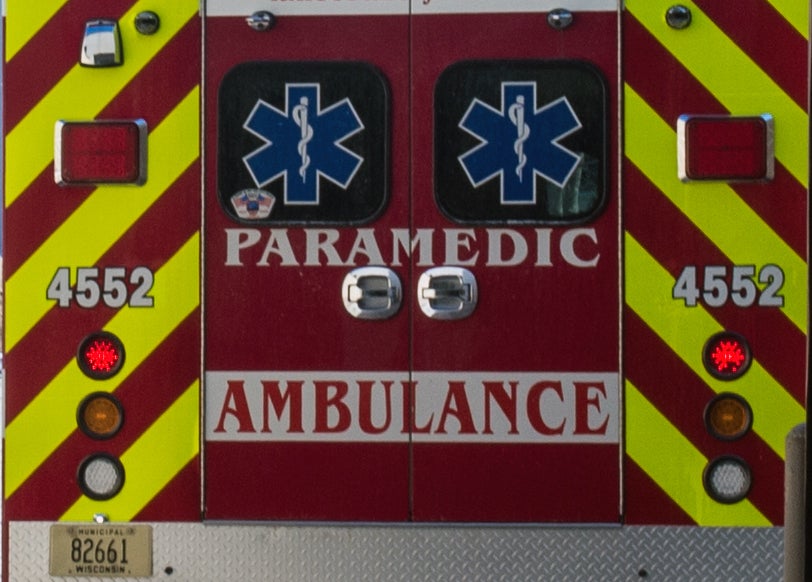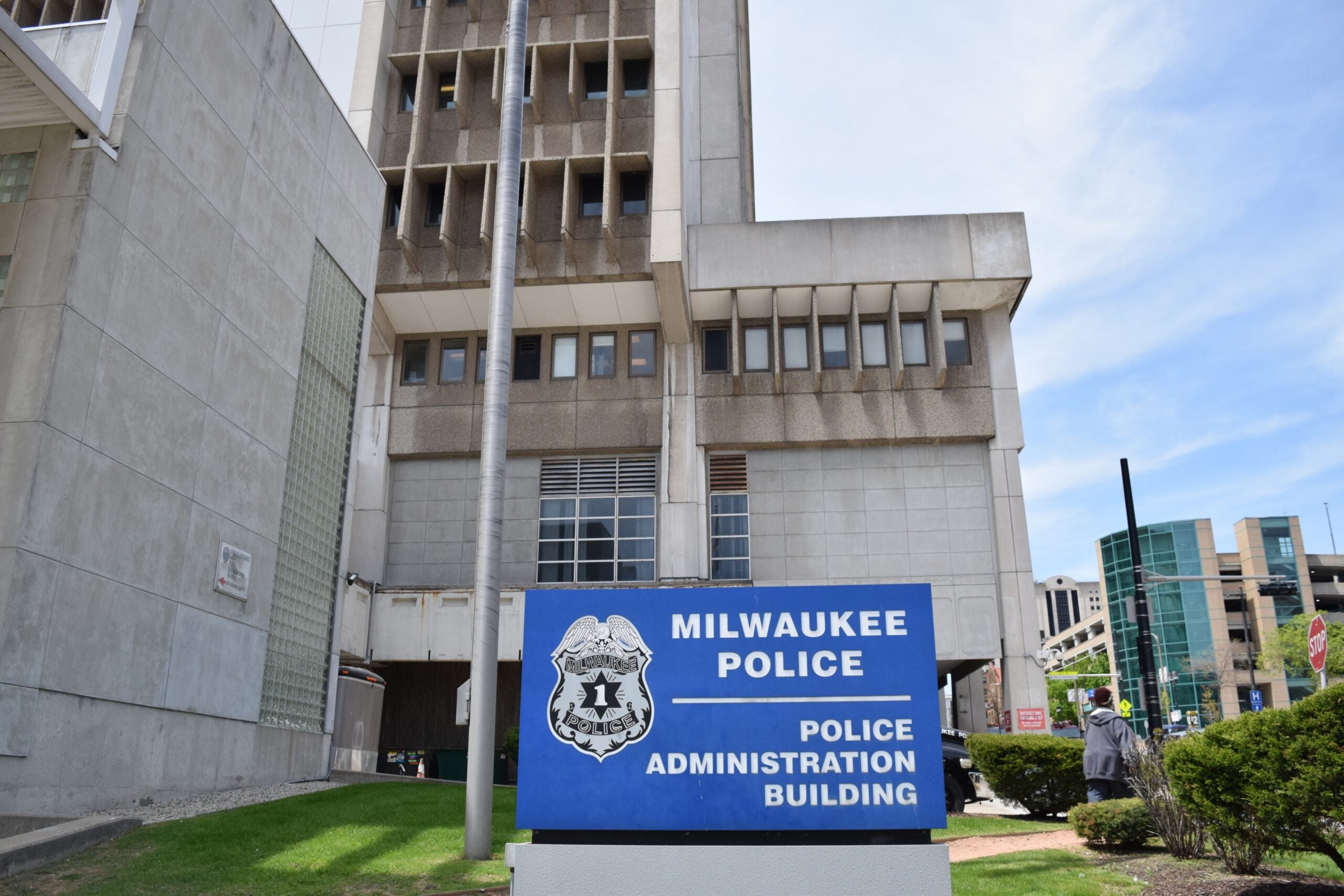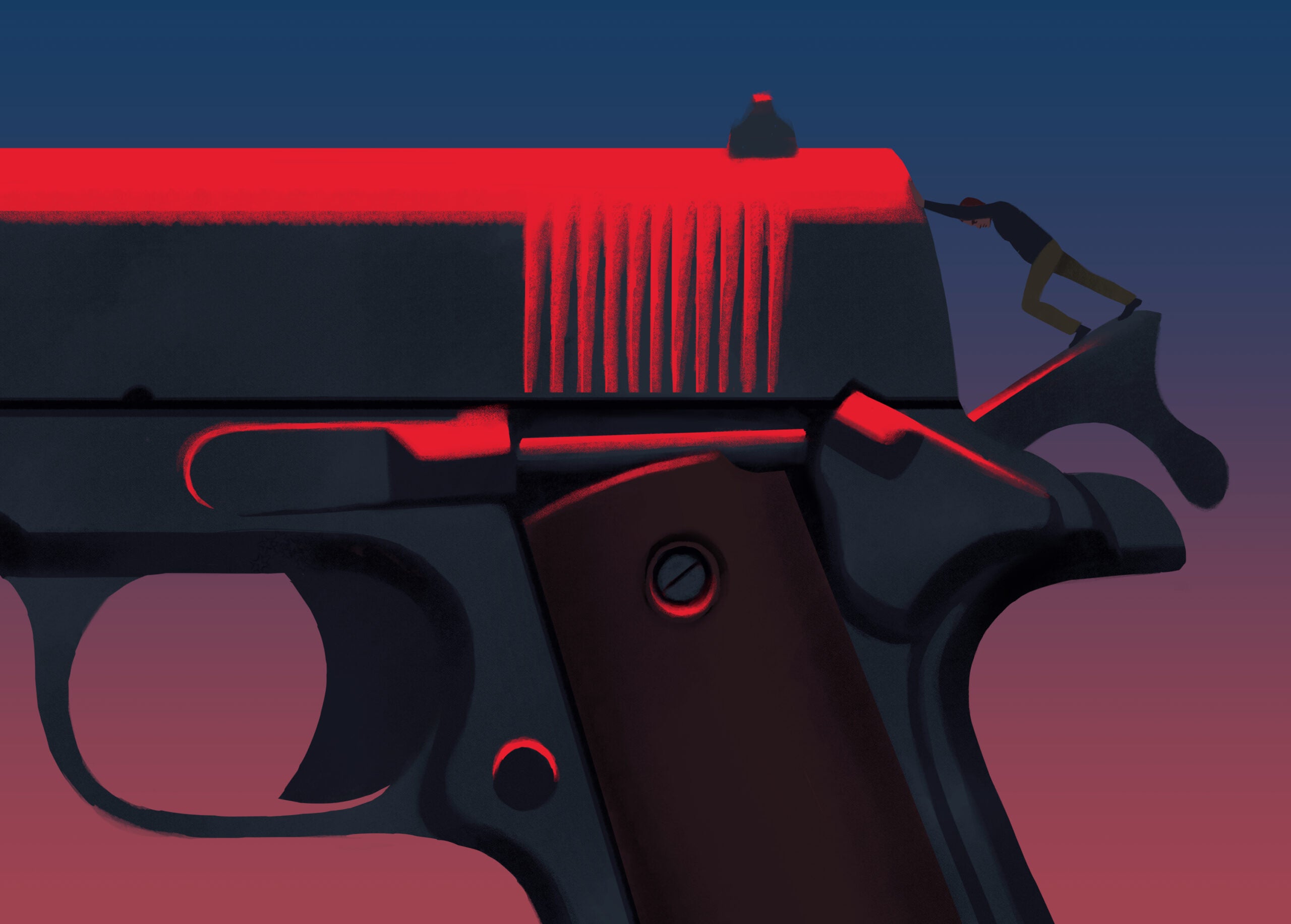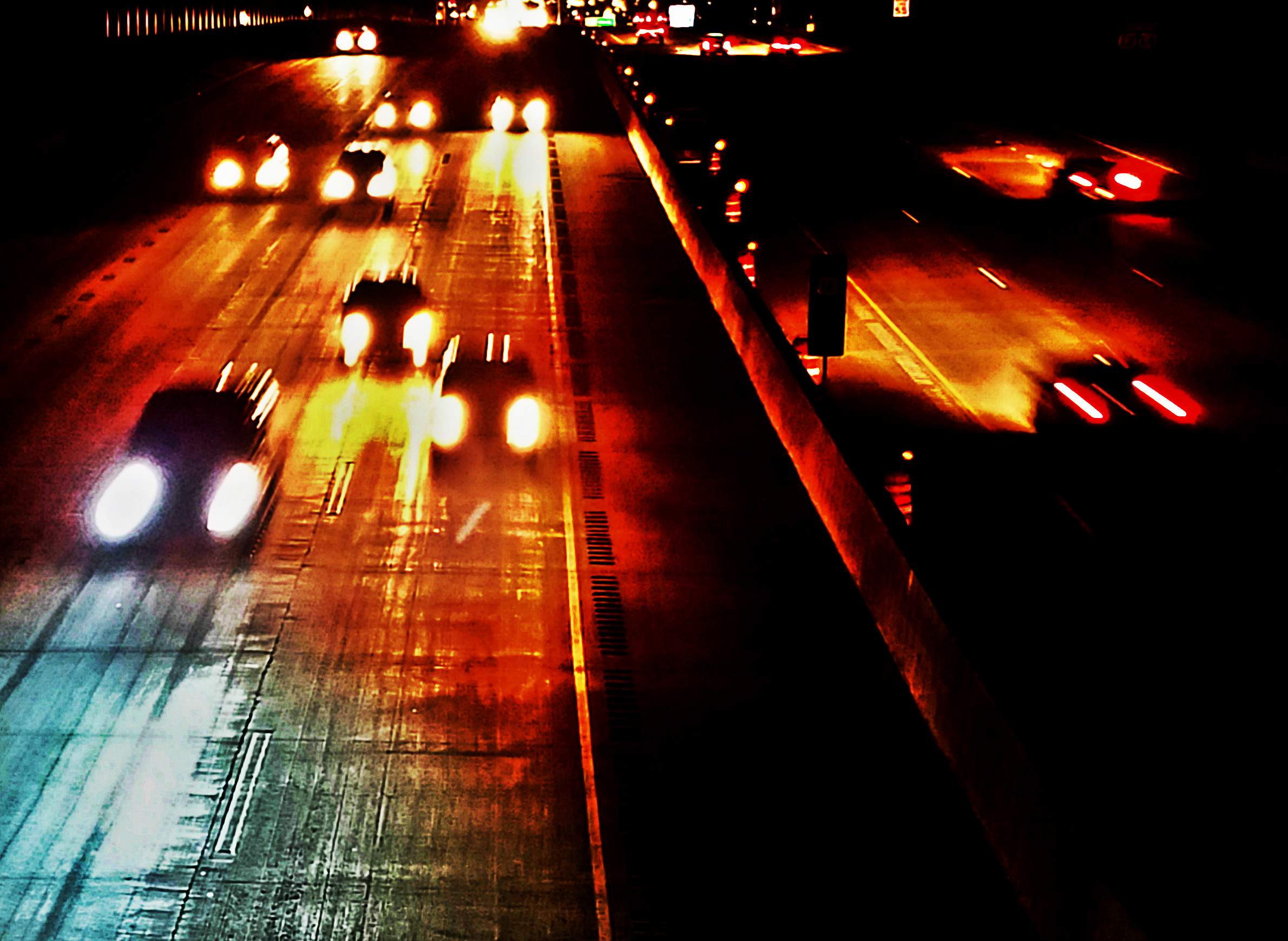A soon-to-be-adopted Madison Police Department policy would shield someone from being ticketed for underage drinking after they call for help in a medical emergency.
The immunity policy would apply both to the person who’s incapacitated by alcohol or drugs and to the person who calls for help, so long as that person “remains with the impaired individual until assistance arrives and fully cooperates” with police and other emergency responders.
Madison Police Department Lt. Jimmy Imoehl says the goal is to put safety first.
News with a little more humanity
WPR’s “Wisconsin Today” newsletter keeps you connected to the state you love without feeling overwhelmed. No paywall. No agenda. No corporate filter.
“If you need medical help, don’t let fear of getting a ticket or anything like that stop you from calling for help,” Imoehl said.
The new procedures for city police mirror a policy that has already been adopted by University of Wisconsin-Madison Police.
MPD is set to formalize its own version of that policy after District 8 Alder MGR Govindarajan reached out to suggest the changes last year. He noted that UW-Madison’s only applies to campus police.
“So if someone was having a house party off campus, then this protection doesn’t apply,” Govindarajan said.
Under a Wisconsin law often referred to as a Good Samaritan law, people who call for help when someone is overdosing on drugs are shielded from prosecution in certain circumstances.
The new MPD procedures expand that approach to underage drinking, Govindarajan said.
“I hope it just allows people to be a little bit safer,” said Govindarajan, a recent UW-Madison graduate whose district includes the campus area. “Drinking culture is really big here. … There’s a lot of pressure to drink when you show up to college.”
The MPD policy would also stop someone from being cited for underage drinking if they’re the victim of a crime like sexual assault.
But it would not shield someone who commits another ordinance violation or crime, like illegally supplying alcohol or drugs.
“This applies to the consumption of alcohol,” Imoehl said. “So, for example, if this was a large underage party, this doesn’t say that whoever’s hosting that party isn’t going to get a ticket. That could still be a reality, because we’re concerned that that event happened in the first place.”
The policy is currently in draft form. It’s set to take effect on Tuesday once a public review period ends.
Although new language will soon be added to MPD’s Standard Operating Procedure, Imheoel said city police have always had discretion when giving out citations.
“Although this is a new policy for us, it’s not a new practice,” Imheoel said. “By and large, our officers don’t issue tickets when people are in need of help in these situations.”
Still, he said a change to official procedures has an important effect.
“This is a promise to the public that, if you call for help under this (policy), it doesn’t matter which officer you get, they will not be writing these tickets,” Imheoel said.
Wisconsin Public Radio, © Copyright 2026, Board of Regents of the University of Wisconsin System and Wisconsin Educational Communications Board.







